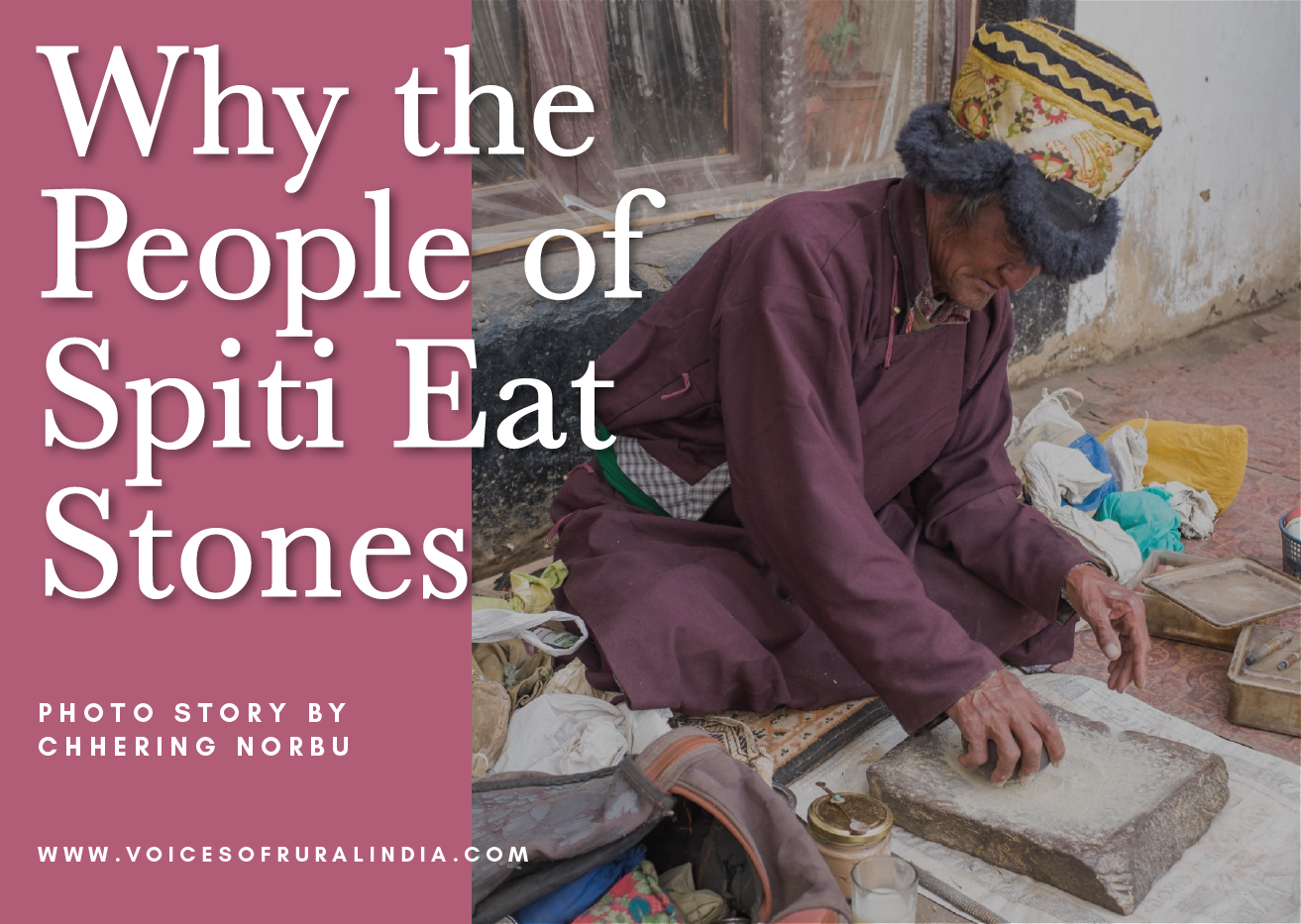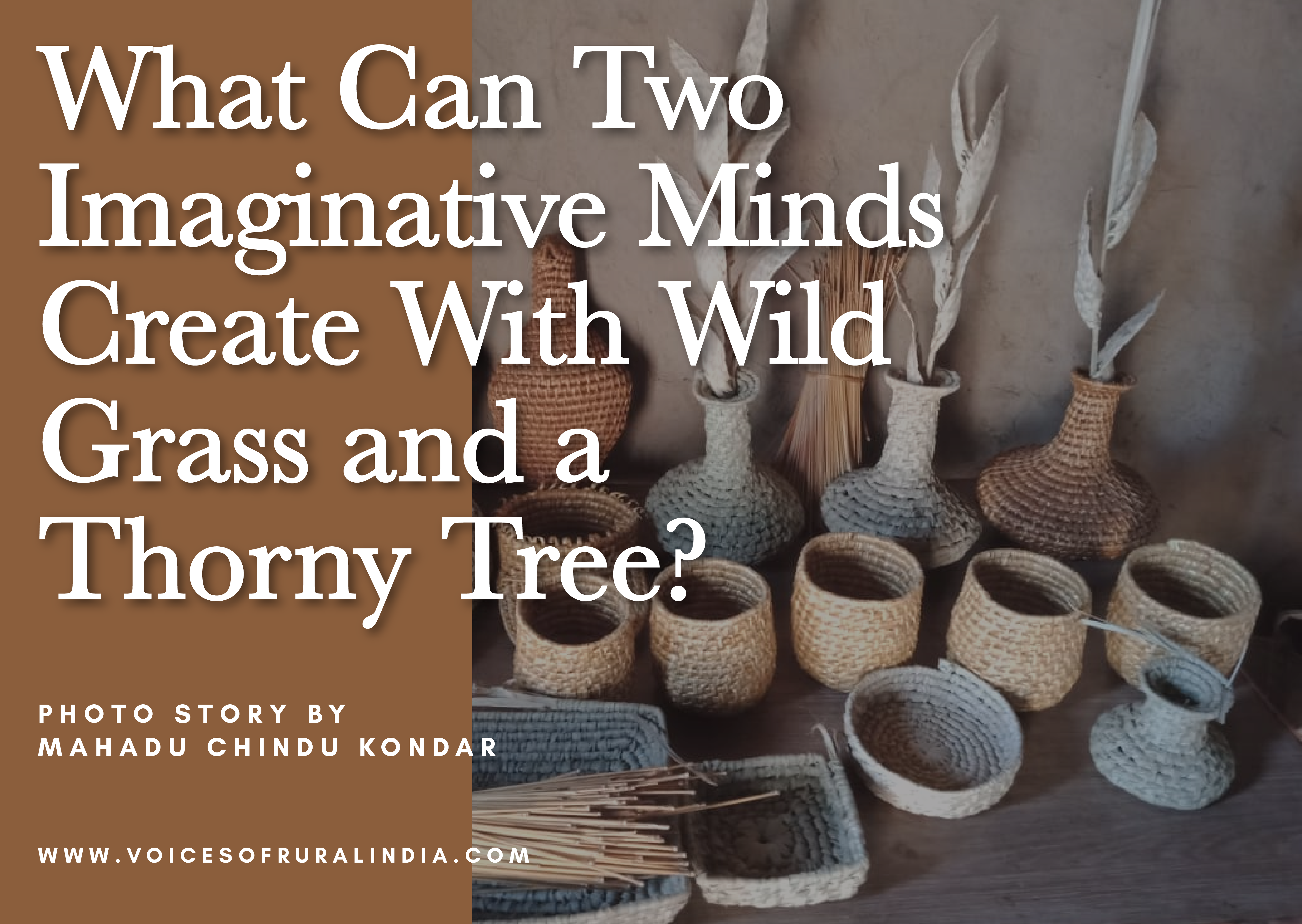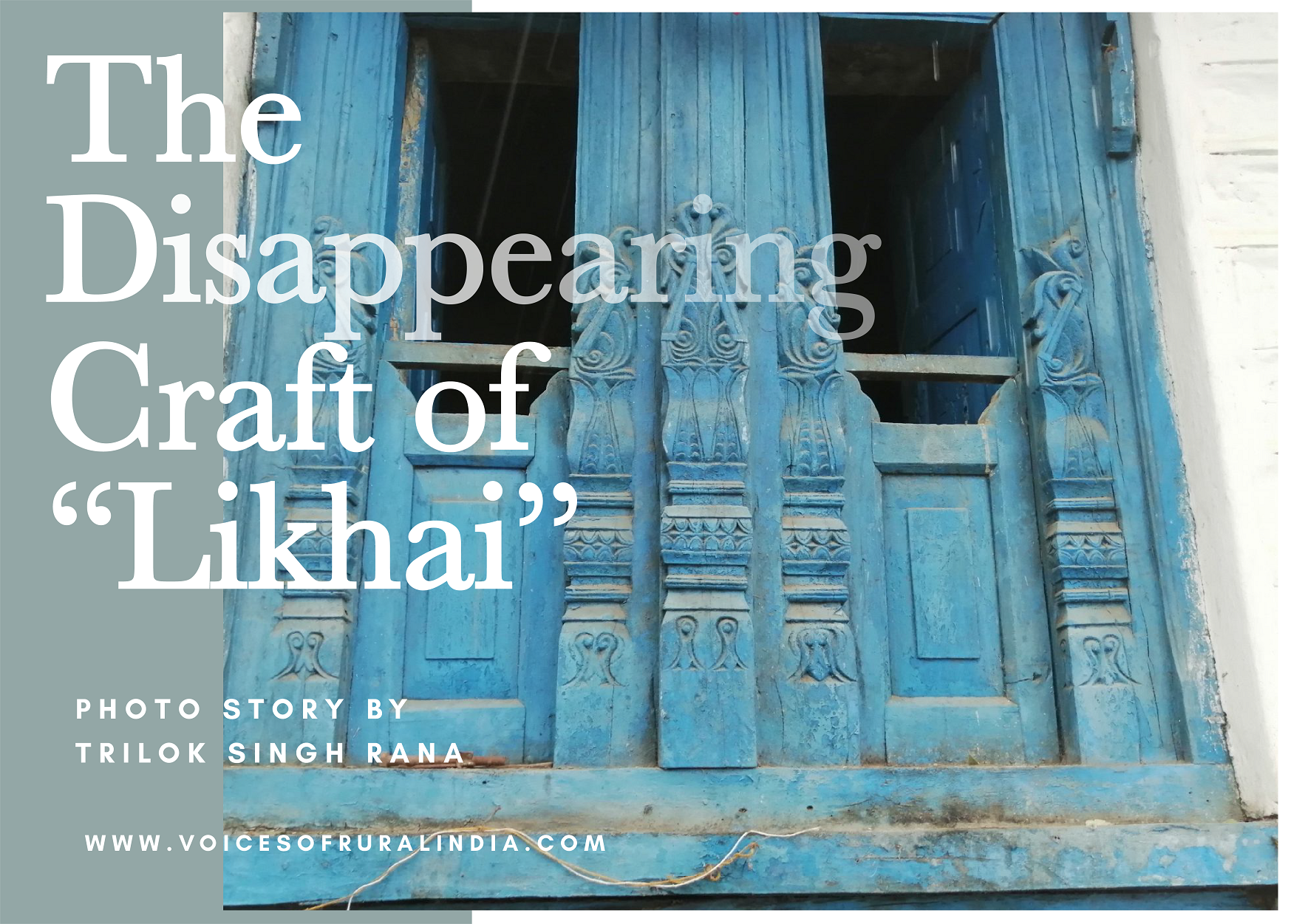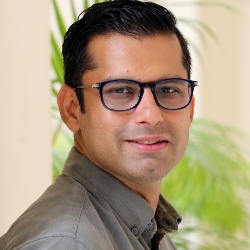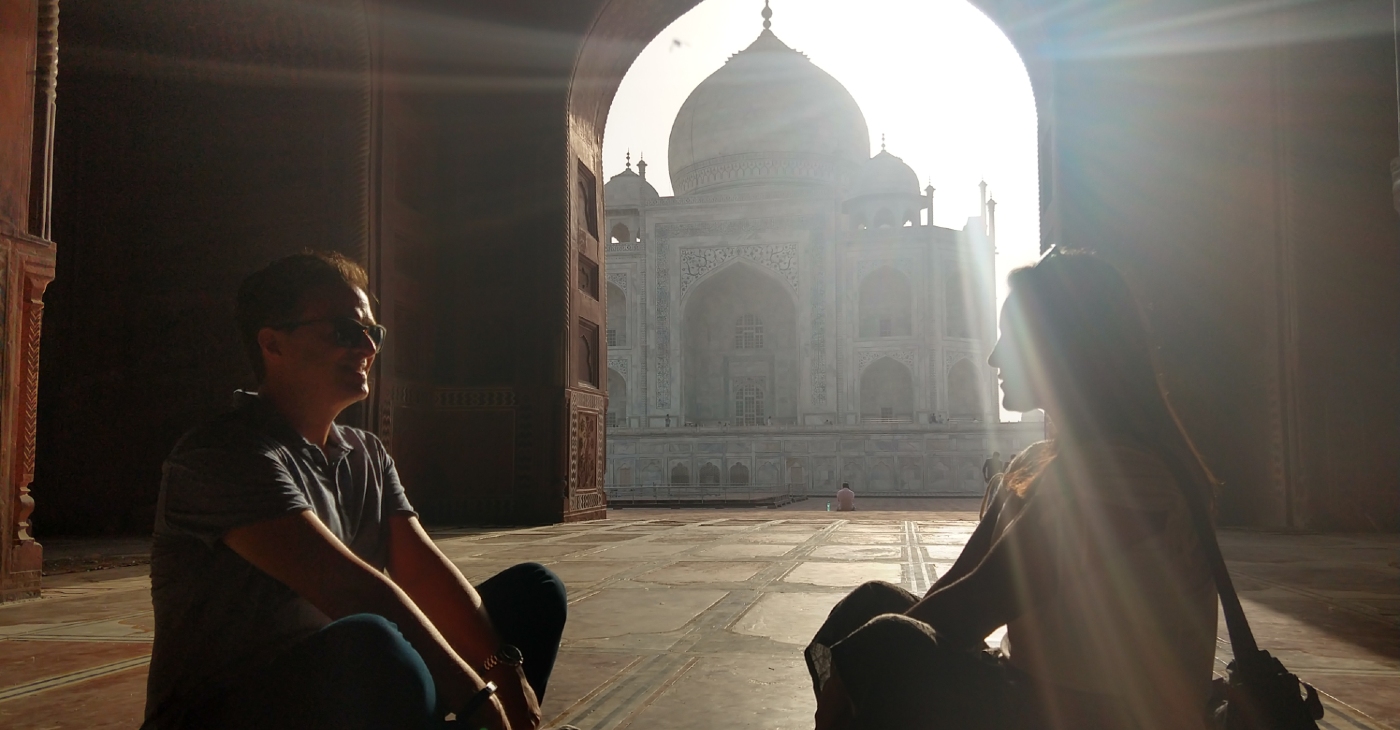
Dr Sachin Bansal, Founder, India City Walks
Travelling is one of the experiences that rejuvenates life - one of the reasons why the COVID-19 pandemic and the lockdown has been so difficult for many of us. That said, the world is transforming and, in many ways, the earth is recuperating while humans are under lockdown. Human evolution led to consumption of natural resources and it furthered the ecological decay. It worsened to a level that now everything will have to ‘begin again’. But what will this ‘travel’ look like? Will it be just like pre-Covid and lockdown, or will it be different?
The city dwellers, I believe, will look for peace and solace in their next travel plans, the urban youth will try to explore the quiet and the quaint. Will they head to the local communities? The locales unexplored? The sites that till now were not popular? The travel world is all set to change and so are the offerings.
Rethinking Local
Local communities make interactions exciting during travel, but footprints do not make the visits eco-friendly. The time spent becomes the real-life encounter commodified by tourism agencies. Yet, when we reboot, the surge of travel will turn towards the locals. It will become imperative for travel businesses to create itineraries which are socially responsible for planet happiness. It is imperative that the checks and balances are in place as the capitalist world will soon engulf the interiors of our diverse country to make them profit bearing.
Self-driven Responsible Tourism
The trails calculated through the carbon offsetting technique is passé and in the new normal it will be conscious travel where the traveller has to be ready with the attitude of leaving no footprints. The mindset has to change and adapt. Both consumers and sellers have to be influenced through campaigns integrated online and offline for deeper interactions. This cannot be greenwashed by traditional marketing mix. The new responsible tourism has to bring in a self-driven strategy that should be underpinned by a commitment to contribute and spread cheers from locations to destinations influencing hearts and minds. The time is now to sustain people’s passions, interests and desires that make communities grow and be hospitable.
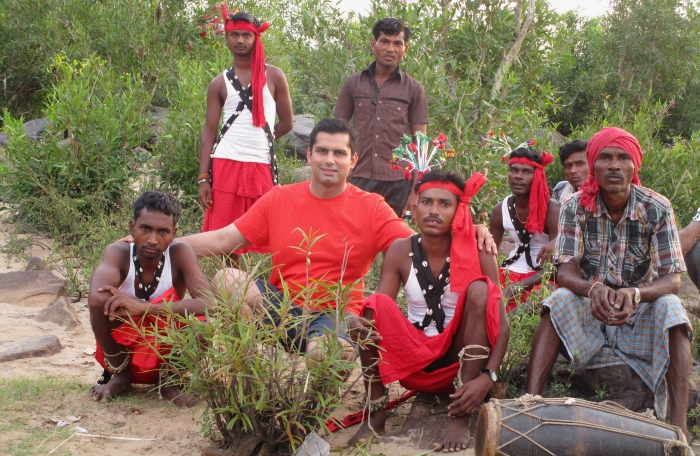
Aligning marketing with destination needs
However, one of the biggest constraints that one needs to overcome is that of ‘awareness’. Awareness about a destination, their locals, the community engagement pattern, the dos and don’ts of the place, the customs and traditions, ecosystem and much more. Safeguarding and nurturing these ‘features’ is important as they ensure destinations have the built-in competency of delighting travellers.
COVID-19, already has created uneasiness, delays, and self-doubt about spending money. We should use the time now to create awareness on particular destinations and offer hospitality benefits to bring back tourists. The outcome will be to continue to develop responsible, ethical itineraries benefitting the environment. Marketing practices adopted by the intermediaries to target the consumer needs to be aligned with the needs of the destination. The proliferation of marketing through landing pages has destroyed the destination vision and the content has to be white labelled for utmost authenticity and calculated distribution.
Rethinking the concept of ‘asset’
One of the key focus areas of the travel industry that probably will have to adapt to the changing times is the concept of ‘asset’. There was a time when asset development contributed to increasing footprints. But now it increasingly means, and should continue to mean, improving the destination for the community, which will in turn improve the travellers’ experience there. So investments have to be made in developing skills, creating jobs, and deploying experiential products that have the potential of personifying the destination with art, culture, history, heritage, and people. The future traveller will be very different and will be more particular about health and safety in the changing environment. The expectations of financial outcomes of booking platforms and other intermediaries need to be balanced with the need for true community impact. The consumers will look for personalisation whereas the businesses will focus on commercialisation leading to dilemma for future travellers.
Slow immersion model
This is what has worked for brands ‘India City Walks’ and ‘India With Locals’ were introduced to mitigate the gap in knowing the city through its soul and delivering meaningful stories that can be celebrated when an individual spends time and consume authentic destination experiences.
The delivery of a thematic experience is done on a ‘slow immersion’ model - on foot, at a pace as decided between the host and the traveller, to the spaces that influence travel, tourism and hospitality distribution. Such a model holds ground now more than ever.
We realised that our team of ‘city explorers’, industry colleagues, and acquaintances along with the diverse set of people held the brand ‘India City Walks’ and ‘India With Locals’ together by utilising the services offered locally and historically. In a service industry within tourism we also realised that components like water and food will bring diversity in the experience delivery but if the host communities lose their own nourishment then traveller experiences will not be enriched in true sense. The regional cuisines and lost recipes are concepts for select few but once commercialised they become engineered on the whims of marketing folks.
Tourism in the new normal has to convey emotion and the consumer ‘will’ make the adjustments. When instructions become disclaimers, then the sense of belongingness is lost leading to negative publicity giving destinations more lookers than bookers. Hence, creating and managing a genuine connect to innovate and adhering to newer ways of respecting travel itineraries is of utmost priority.
The idea is to co-create, as we all start afresh. The intent is not to bring a series of ‘new’ experiences but to nurture and secure what is already present as an experiential offering and align them to the new norms. When curating experiences and community driven itineraries, it is must to ensure that respect of host communities is maintained for a better future. Rest, the world is yet to heal and so are its people.


